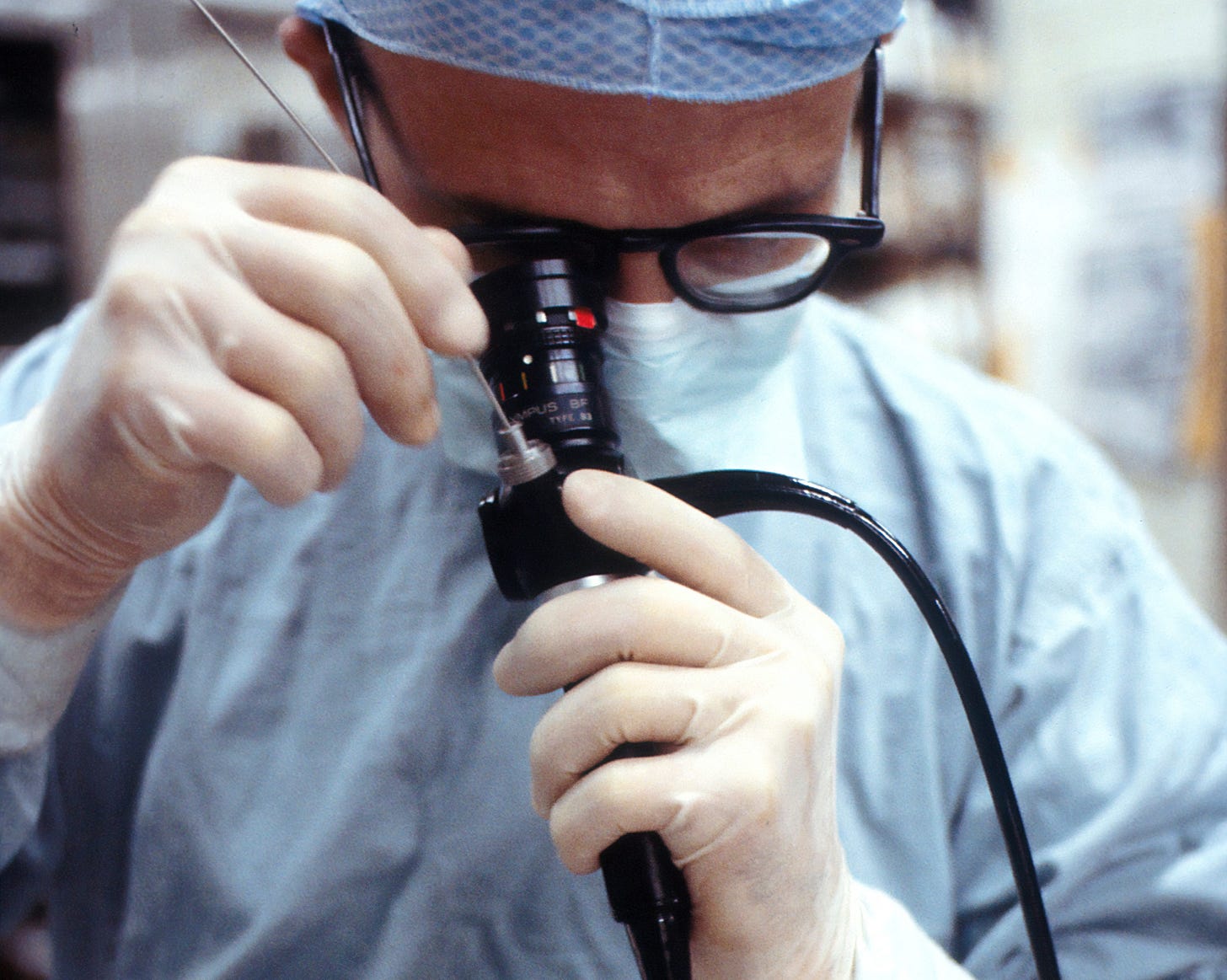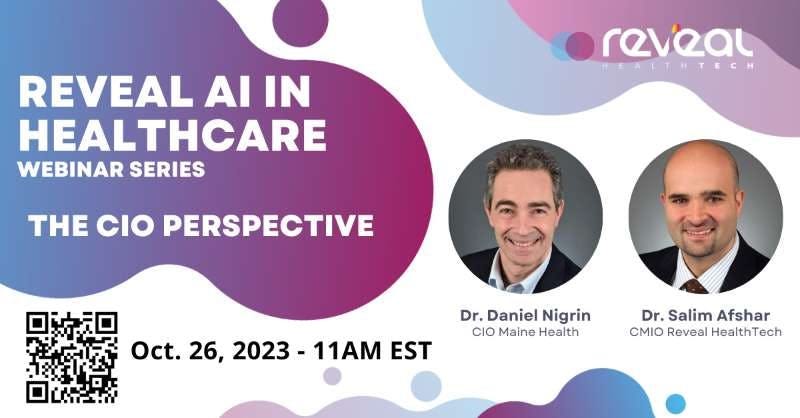🏥 Discover AI's Cutting Edge in Medicine: Detecting Diabetes Faster, Enhancing Treatment of Depression, Advancing Cancer Screening, and More! 🩺
Weekly Updates on AI in Medicine 🤖🩺🚀
“Sometimes it seems as though each new step towards AI, rather than producing something which everyone agrees is real intelligence, merely reveals what real intelligence is not. ” ― Douglas Hofstadter, Gödel, Escher, Bach: An Eternal Golden Braid
Dear Med AI Enthusiast,
Welcome to The ‘Med AI’ Capsule Weekly Newsletter, your inside look at how AI is transforming medicine.⚕️🤖💊
In this fast-paced field of artificial intelligence in medicine, I'll be your guide to the most groundbreaking news updates and thought-provoking ideas.
Whether you're a medical pro, tech enthusiast, or curious mind, The ‘Med AI’ Capsule delivers an insider's perspective on the exciting possibilities and cautionary areas for AI in medicine.
Let the adventure begin! I'm thrilled to have you along for the ride. 🚀
In today’s capsule:
3 News Updates
2 Research Updates
1 Upcoming Event, and more…
Reading Time: 5 minutes
Med AI News Updates 📰
1. 🎤 AI can detect diabetes from just 10 seconds of speech

Why Important: This AI could revolutionize accessible and affordable diabetes screening. The voice analysis method is non-invasive and requires only a smartphone recording.
“Current methods of detection can require a lot of time, travel, and cost. Voice technology has the potential to remove these barriers entirely.” - first author Jaycee Kaufman
Caution: More research is needed to replicate findings and expand vocal analysis to other conditions.
2. 💬 AI chatbots like ChatGPT could enhance doctor decision-making for depression

Why Important: In a study, ChatGPT followed treatment guidelines for depression better than doctors and without human biases. This shows the potential of AI to improve decision-making and reduce inequality in care.
Caution: More work is needed to explore risks and ethics of using AI chatbots in healthcare before implementation.
3. 💻 New AI software highly accurate at detecting skin cancers in study
Why Important: The latest AI detected 100% of melanomas and 99.5% of skin cancers, showing major improvements in accuracy compared to prior versions.
"This study has demonstrated how AI is rapidly improving and learning, with the high accuracy directly attributable to improvements in AI training techniques and the quality of data used to train the AI." - Dr. Kashini Andrew
Caution: Researchers stress AI should not be used alone without dermatologist oversight due to need for clinical expertise.
Med AI Research Updates 🔬
1. 🤖 AI-assisted colonoscopy better detects adenomas and polyps vs routine in review

Key Findings: 13 RCTs show AI-based CADe systems consistently outperform conventional colonoscopy, especially for small or flat lesions.
Conclusion: AI-assisted colonoscopy can reduce missed lesion rates and improve colorectal carcinoma diagnosis.
Limitations: Potential performance bias and geographic restrictions in reviewed studies. More diverse, global trials needed.
2. 🤖 Machine learning models predict sleep arousal using heart rate and oxygen data
Key Findings: The InceptionTime model achieved 76% accuracy in predicting sleep arousal occurrence using heart rate variability and oxygen saturation data.
Conclusion: The established models can be considered for screening sleep arousal occurrence or integrated in wearable devices for home-based sleep examination.
Limitations: Testing dataset from a single study population. More validation needed across diverse groups.
Upcoming Med AI Event 🧑💻
Med AI Industry Showcase 📢
Freenome - Developing blood tests for early cancer detection and other diseases using artificial intelligence.
Viz.ai - Using artificial intelligence to detect strokes and other brain conditions from medical images.
Deep Genomics - Using artificial intelligence to analyze genomic data for personalized medicine.
Let’s wrap it up with a fun fact!
Despite statistics claiming that AI will replace more than 80 million jobs, the World Economic Forum predicts that AI will create more than 97 million new jobs by 2025. (source)
Stay tuned for our upcoming editions as we explore the latest breakthroughs and dive deep into AI's transformative power, shaping a healthier future.
Warm regards,
P.S.: If you're a medical professional intrigued by artificial intelligence, but not sure where to start, feel free to reach out to me for personalised guidance.
You can also check out and join our vibrant Med AI WhatsApp Community for Medical Professionals.









